Can bio-washing powder kill weeds? Yes, but it comes with a warning from experts
The secret to a weed-free patio is already under your sink
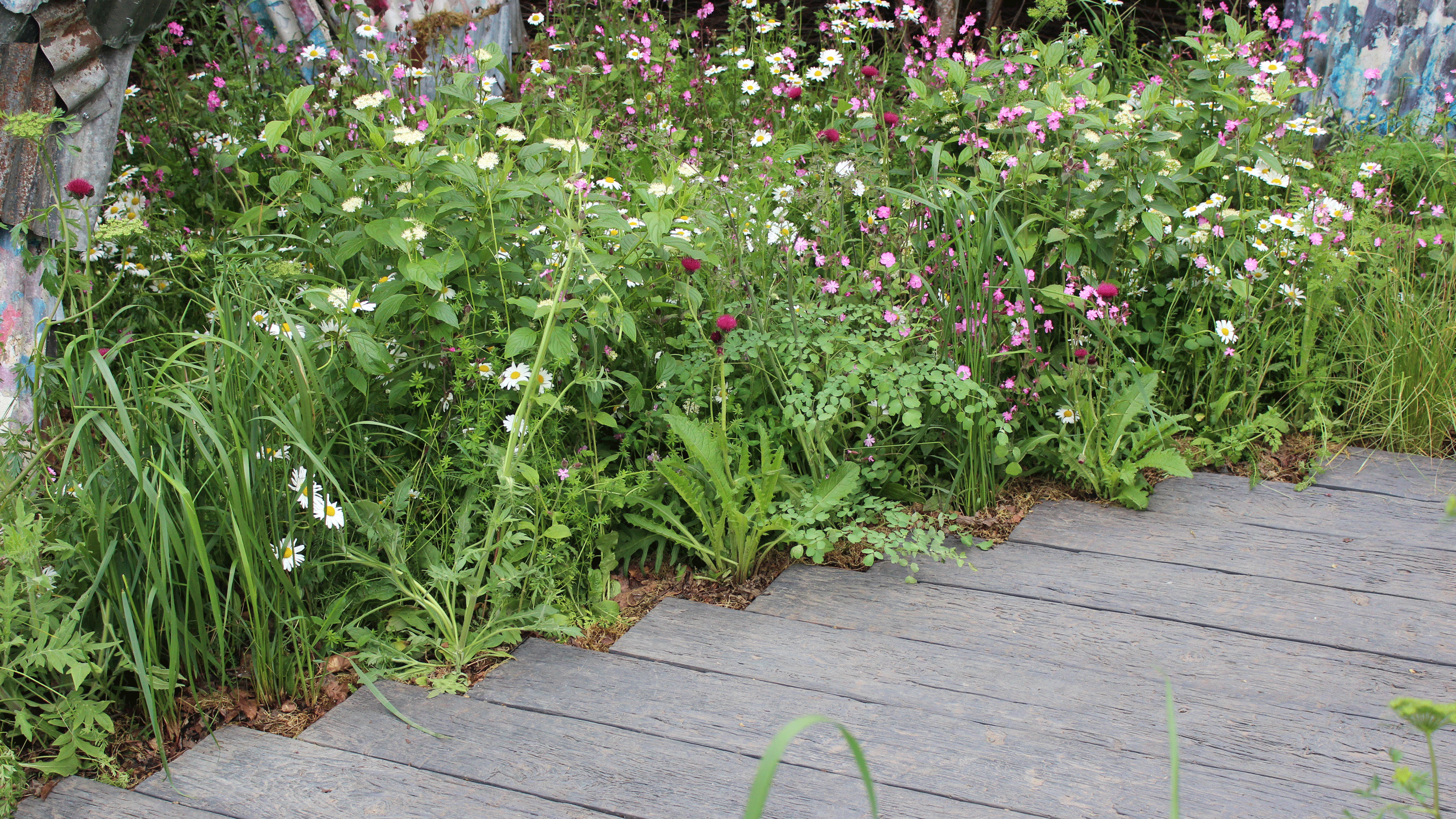

If your patio is sporting unwanted greenery or your flowers are being ravaged by weeds, you’ll know just how quickly these undesirable plants can spread. While the key is to get rid of them as soon as you can, the question on everyone’s lips is: Can bio washing powder kill weeds?
Of course, there are countless chemicals and methods for how to kill weeds. But if you’re on a budget or looking to steer clear of harsh chemicals that could harm your patio ideas, opting for affordable and accessible alternatives might be higher up on your priority list.
So, what can you use? The word on the street is that washing powder is the key to banishing weeds from your garden once and for all. But as we’re bombarded with so-called “hacks” all the time, we’re used to certain products falling short of their hype. That’s why we’ve decided to ask the experts whether bio-washing powder really can kill weeds.
Can bio washing powder kill weeds?
Whether you want to remove weeds from a patio or get rid of weeds in gravel, you’ll be happy to know that biological washing powder can indeed kill weeds.
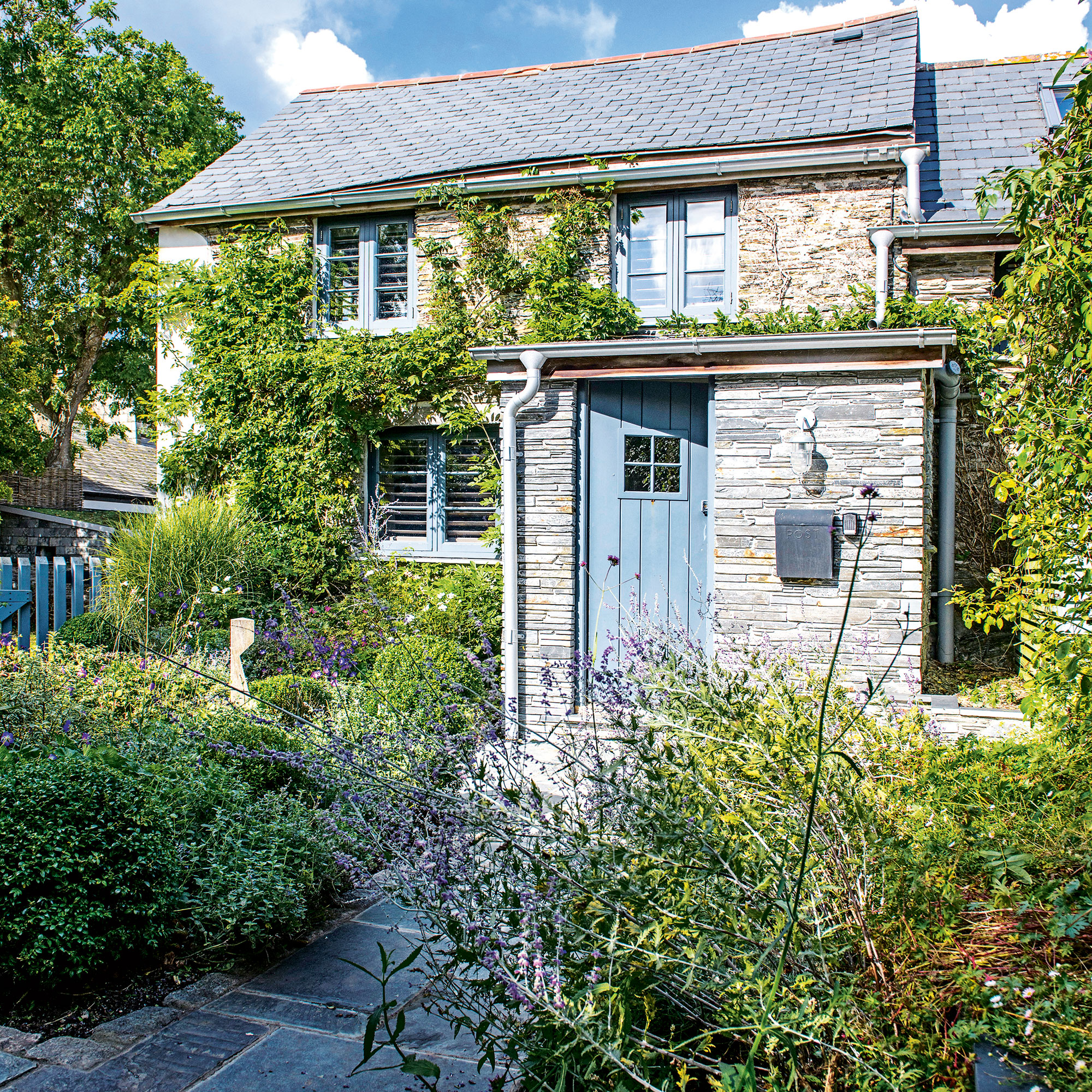
Tom Clifford, garden landscaping expert at Gardenstone explains, ‘Strong chemical weed killers, although effective, can often be harmful to your patio surface, especially if it's made from delicate stone.’
‘Washing powder offers a gentler option that shouldn't harm your patio surface but will effectively kill weeds. In addition, washing powder is a regular household object, making it much more accessible and affordable than chemical weed killers.’
So, how does it work? Well, a major ingredient in bio-washing powder is boron, and boron is incredibly toxic to plant life. When exposed to boron, plants will start to wither and die. But bio-washing powder doesn’t stop there.

Anyone who has ever used biological washing powder before will know that it’s great for cleaning dirty clothes and removing stains, and it essentially does the same thing with weeds. In fact, the soaps and detergents in the bio-washing powder strip the weeds of their natural oils that protect the leaves. When this natural coating is broken down, it leaves the weeds incredibly vulnerable to boron and other pathogens.
Before too long, they’re infecting the weeds and killing them from the roots up. This will see them shrivel and dry up, allowing you to simply pull them up or even brush them away. It’s incredibly easy to get rid of weeds in your garden this way, too.
Craig Morley, a gardening expert from Budget Seeds, says, ‘To use washing powder to kill weeds, sprinkle the powder into gaps in the paving or onto affected areas, and then pour boiling water over it. Once the leaves have turned brown and the weeds begin to wilt, you can sweep them away easily. It can also be used to remove moss from in between paving effectively.’
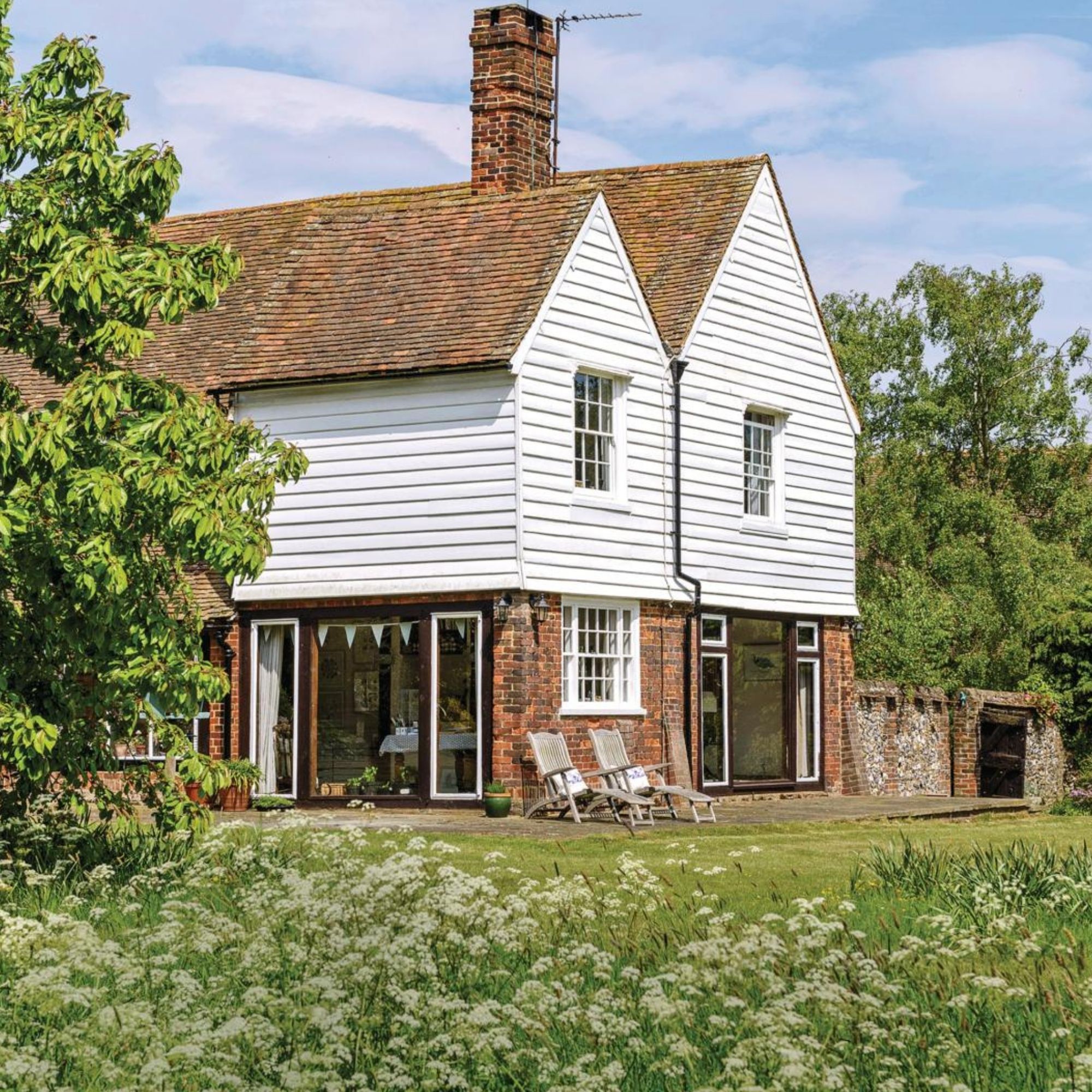
If you’re looking for a more targeted approach, Tom has suggested another option. ‘Alternatively, you can create a mixture of washing powder and warm water in a spray bottle and generously soak each of the weeds. This may help with targeting the weeds more directly and avoid getting any of the mixture on the patio surface.’
However, you need to be careful when using this method. As boron is toxic to plant life, you should avoid using it anywhere near plants that you want to keep alive - like those in your garden borders, and especially if you want to get rid of weeds in your lawn.
In fact, experts advise against using this concoction anywhere near your grass, as you run the risk of killing it in the process.
John Marshall, Landscaping Expert at Wenningdale Escapes, explains, ‘Washing detergents including boron will help kill weeds. However, they will also do the same to your grass - which no one wants! So we recommend avoiding putting it near your grass and flowers and if you are using it on paving or pathways, make sure you sweep up any additional residue to avoid it blowing into the grass or other green parts of the garden.’
With this in mind, you should also keep your children and pets away from the area if you choose to use this method. But if it’s used correctly, you can kill weeds and clean your patio at the same time. And that’s a win-win in our books.
FAQs
How long does it take for washing powder to kill weeds?
It can take anywhere from a few days to a few weeks for washing powder to kill weeds, as this all depends on the severity of the issue. If they are relatively young and new weeds, they could only take a few days to turn brown.
However, if your patio is covered in weeds and you want to ensure they’re all dead, it’s best to give them as much time as possible. When they’re brown, dry, and crusty, you should be able to pull them up or sweep them away. In some cases, they may even turn to dust.
If it rains a lot during this waiting game, you may need to reapply the water and washing powder concoction.
Does washing powder kill weeds on a patio?
Yes! Washing powder is extremely effective at killing weeds on a patio, but you need to be careful when choosing this method.
To kill weeds on a patio, simply sprinkle the weeds with washing powder, pour boiling water over the top, and let it work its magic for a week or so. Just make sure that you don’t cover anything that you want to keep alive, as the boron inside of this washing powder will kill any plant life it touches.
For this reason, you should also keep it away from your lawn.
Does Aldi washing powder kill weeds?
Yes, any washing powder that contains boron should kill weeds in your garden. If you’re not sure if Aldi washing powder will kill weeds, it’s a good idea to check the ingredients list. If it doesn’t have boron in it, it’s unlikely to be as effective.
Who knew washing powder had so many handy uses?
Get the Ideal Home Newsletter
Sign up to our newsletter for style and decor inspiration, house makeovers, project advice and more.

Lauren Bradbury has been the Content Editor for the House Manual section since January 2025 but worked with the team as a freelancer for a year and a half before that. She graduated with a Bachelor’s degree in English and Creative Writing from the University of Chichester in 2016. Then, she dipped her toe into the world of content writing, primarily focusing on home content. After years of agency work, she decided to take the plunge and become a full-time freelancer for online publications, including Real Homes and Ideal Home, before taking on this permanent role. Now, she spends her days searching for the best decluttering and cleaning hacks and creating handy how-to guides for homeowners and renters alike, as well as testing vacuums as part of her role as the Ideal Home Certified Expert in Training on Vacuums, having spent over 110 hours testing different vacuum models to date!
-
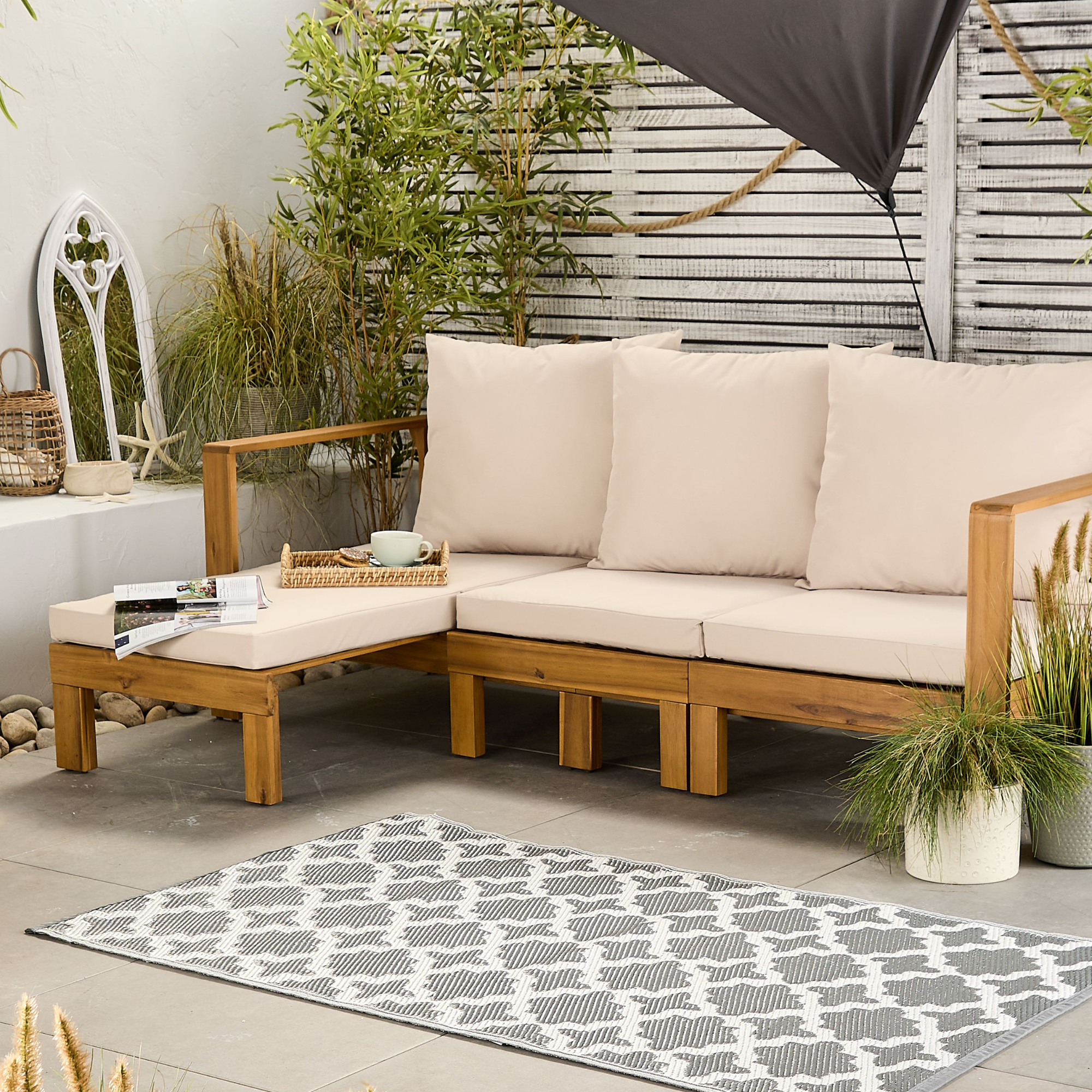 Aldi is launching a £200 day bed with four different features - its sleek design is suited to the whole family
Aldi is launching a £200 day bed with four different features - its sleek design is suited to the whole familyYou don't want to miss out on this Specialbuy
By Kezia Reynolds
-
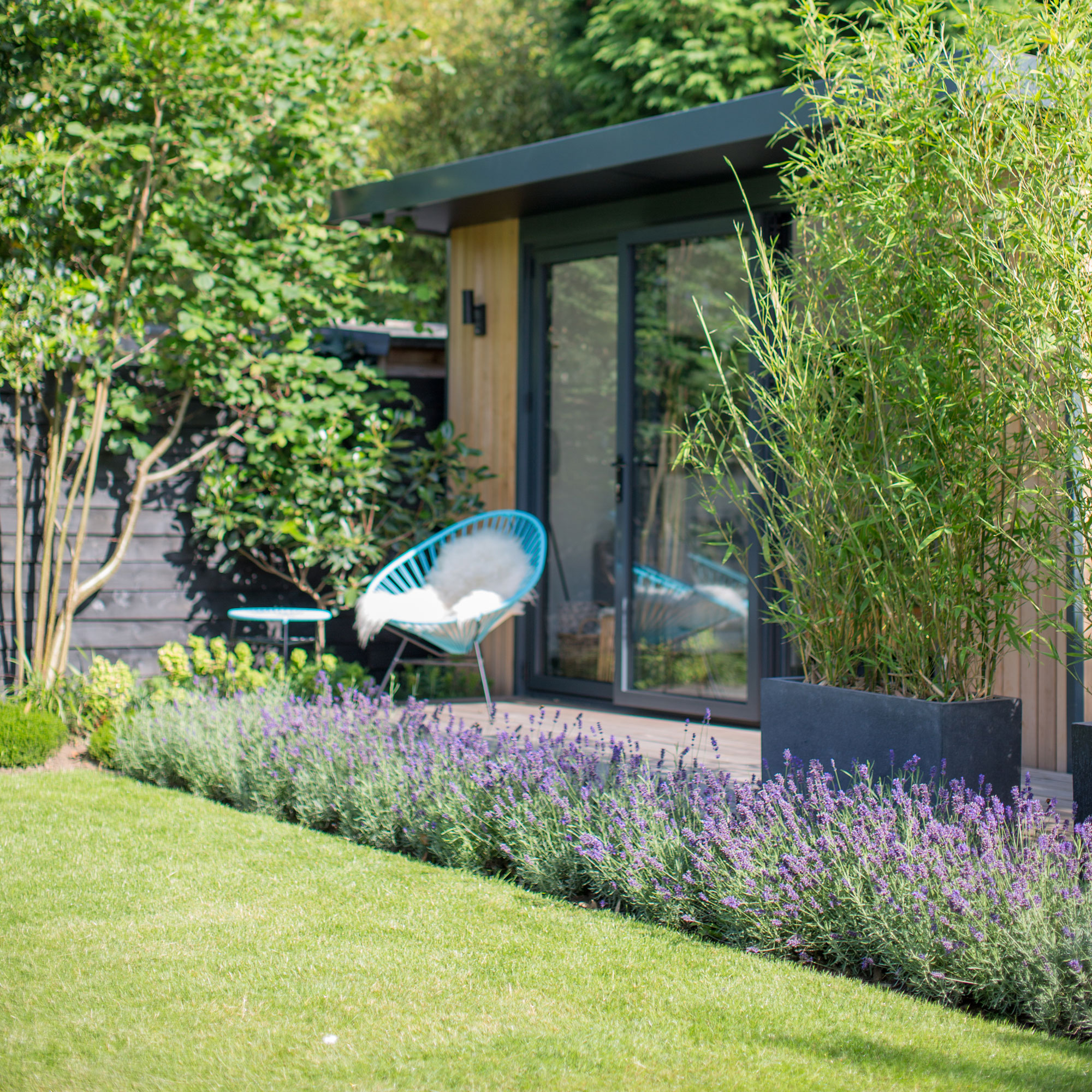 How to set up a drip watering system that saves water and a lot of effort
How to set up a drip watering system that saves water and a lot of effortKeep your plants hydrated (and your water bill down) with this clever garden watering solution
By Natalie Osborn
-
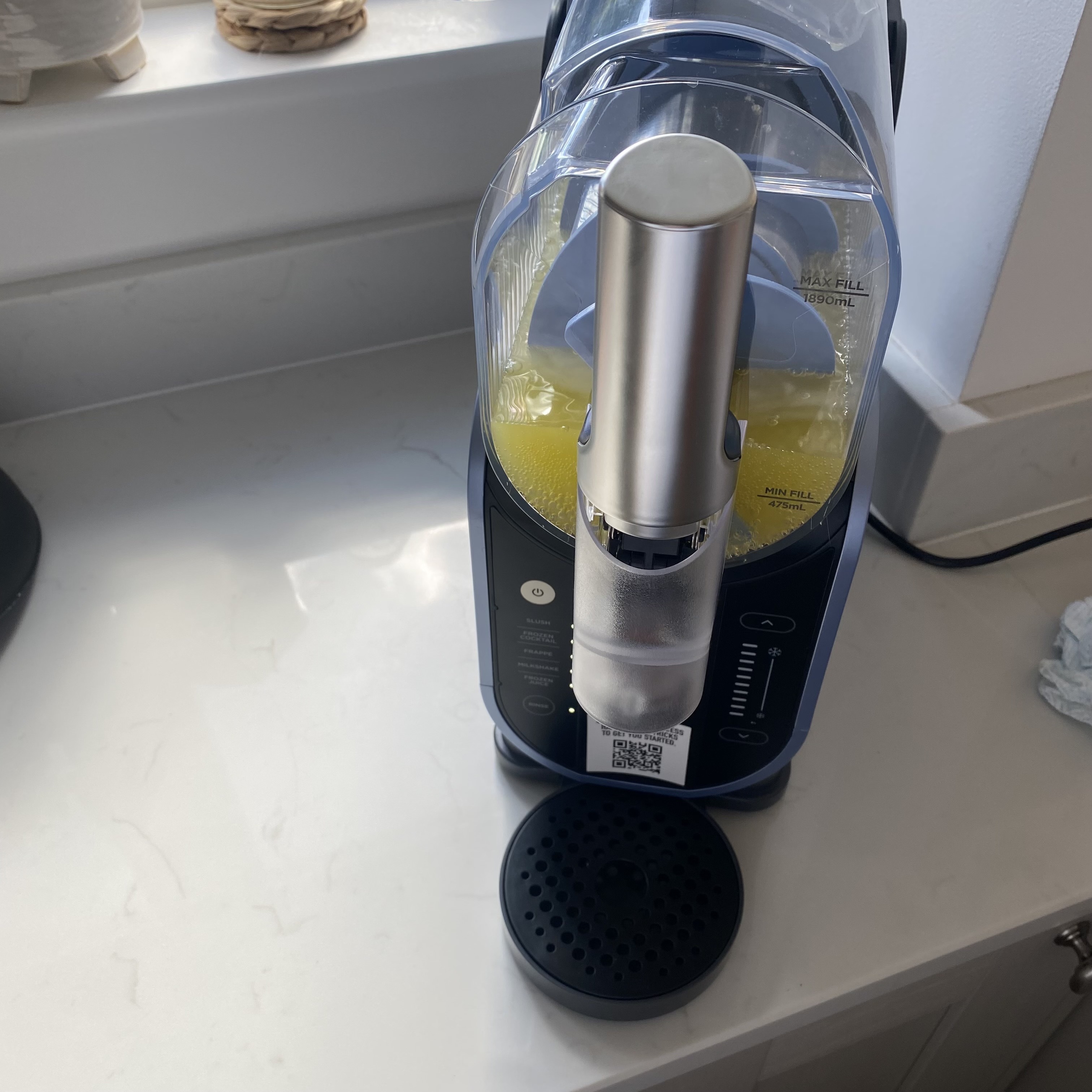 I unboxed the Ninja Slushi – here's what happened
I unboxed the Ninja Slushi – here's what happenedThe Ninja Slushi is the stuff of dreams for summer entertaining
By Molly Cleary